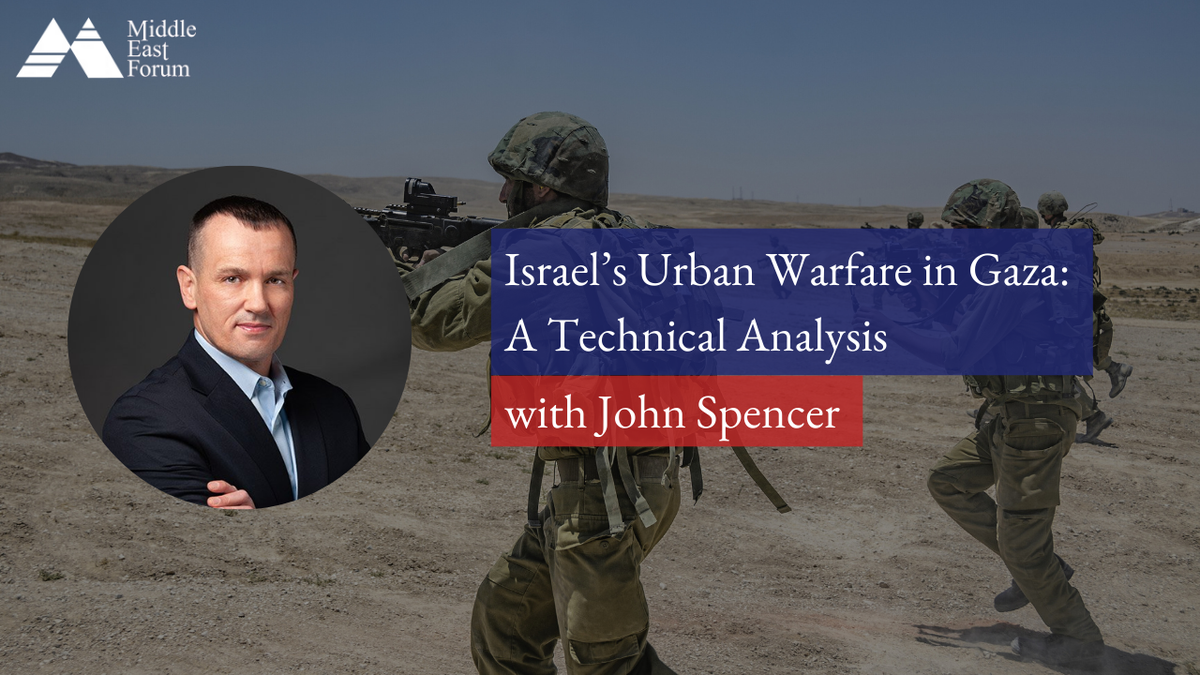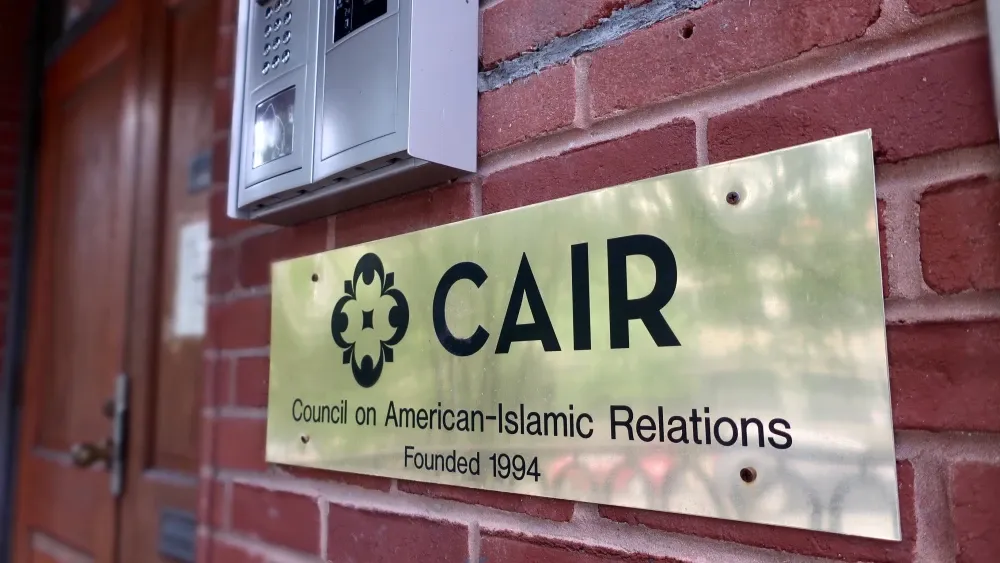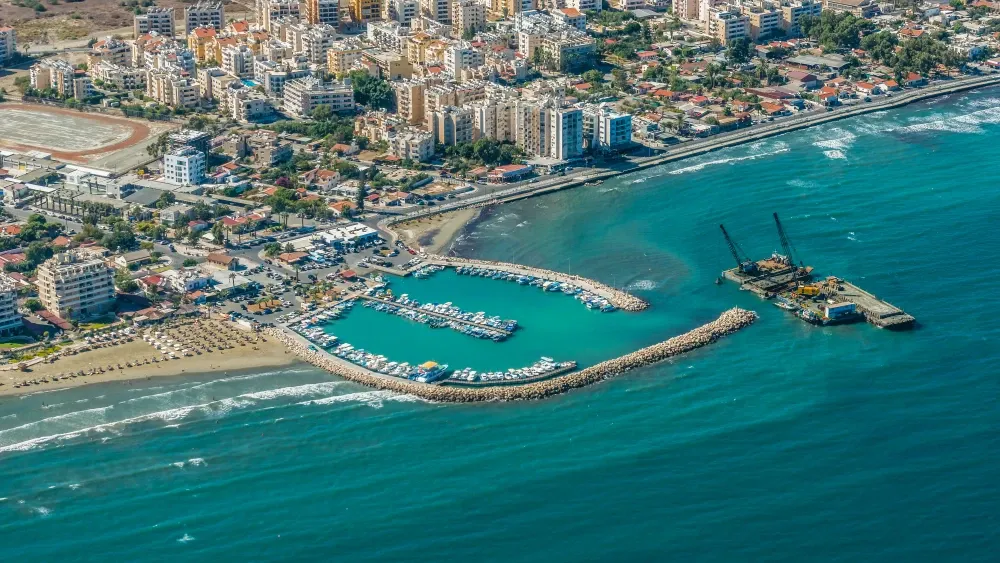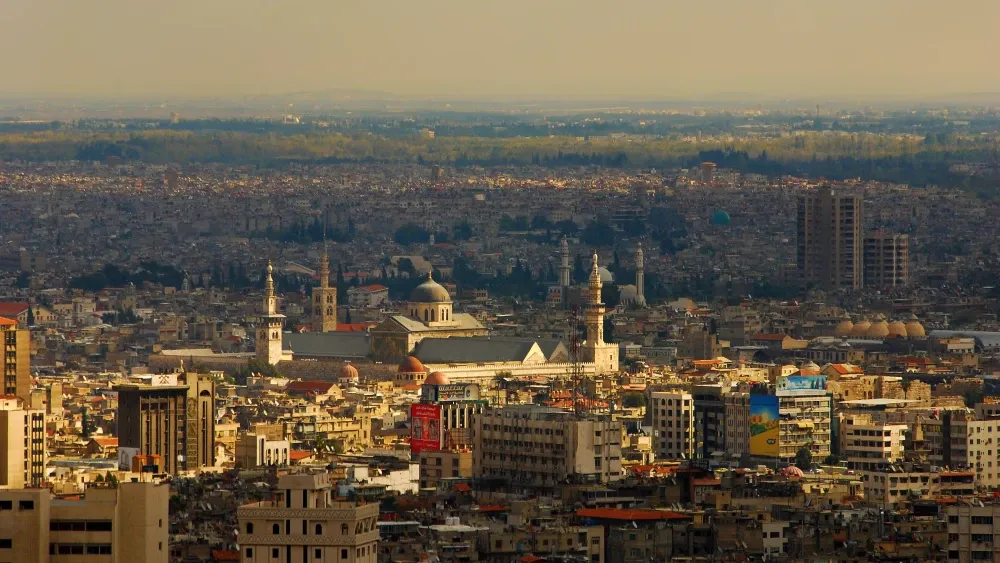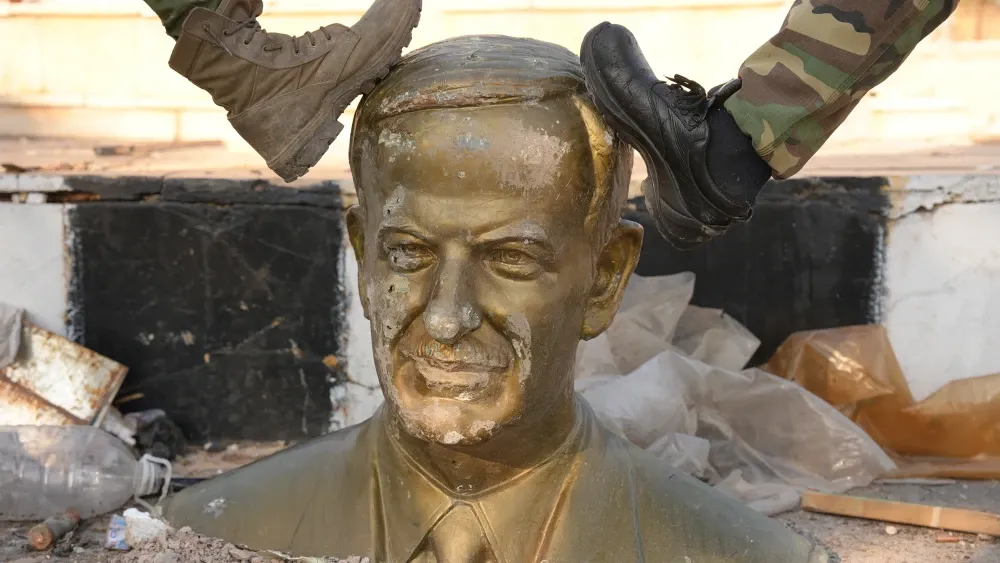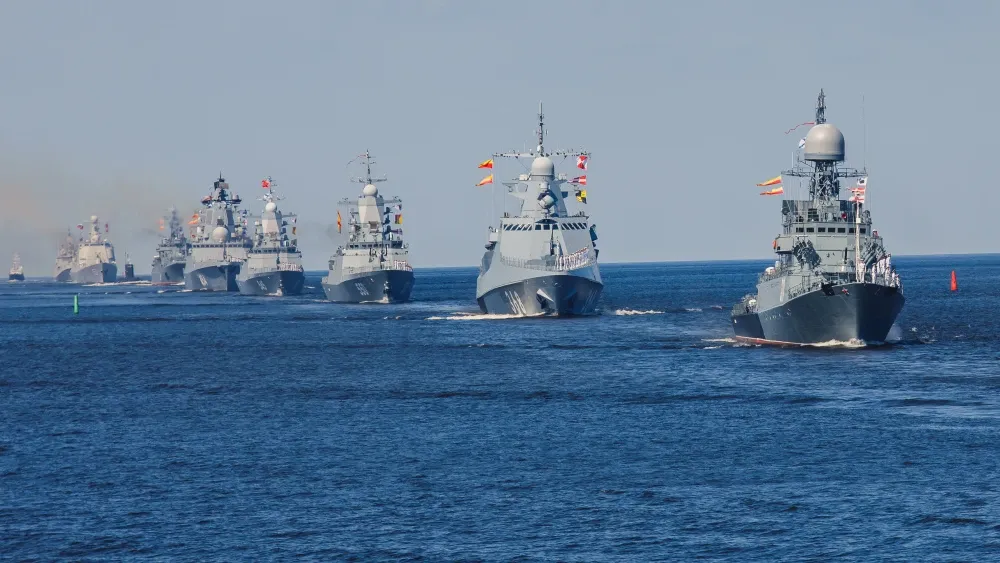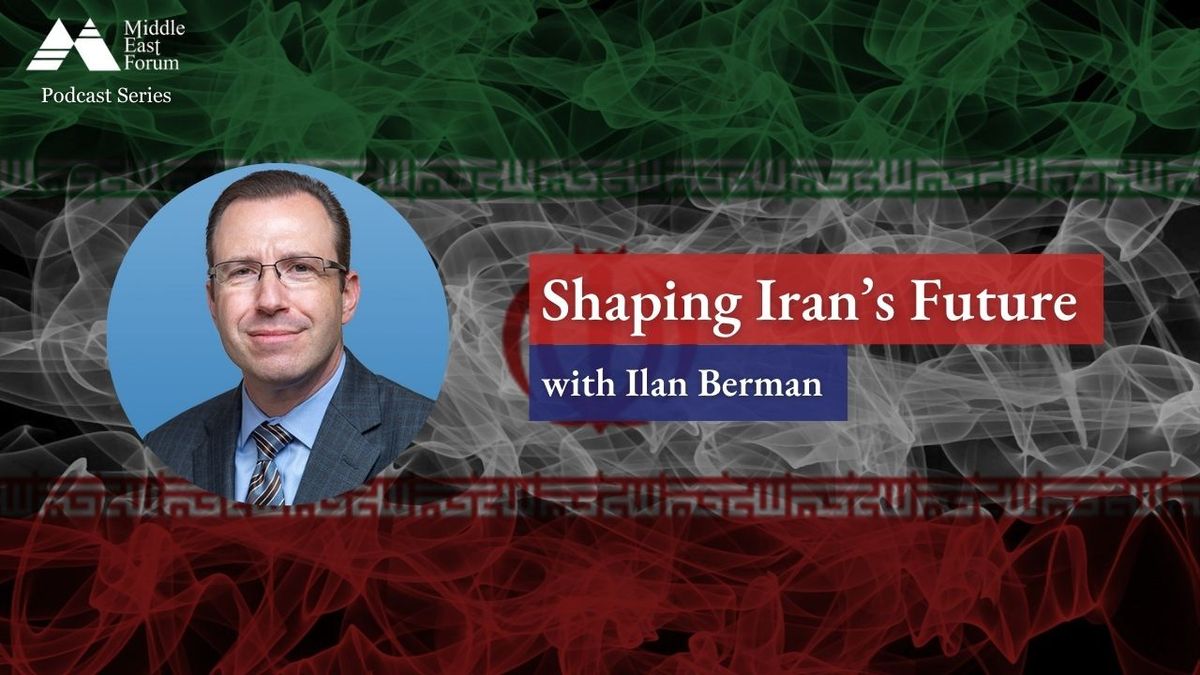| ||
 | ||
| MEF Dispatch: U.S. Islamists Celebrate the Ceasefire; On-the-Ground Report from Syria; Time for Change in Iran By Winfield Myers ● Jan 24, 2025 Smart Brevity® count: 7 mins...1909 words American Islamists show a callous indifference to the suffering of Israeli hostages held by Hamas. Demonizing Israel and praising President Trump was job one at the Council on American-Islamic Relations (CAIR) following the ceasefire. Overseas, the new administration could seize an excellent opportunity to work with Cyprus to detect efforts by terrorists to smuggle weapons of all types—biological, chemical, or radioactive—through seaports and airports in the region. Syria, a country now at war for 14 years, is not yet at peace, writes Jonathan Spyer upon his return to Damascus and other areas closed to most outsiders for years. He finds that Islamic governance is being introduced to daily life, albeit slowly and with some resistance. Separately, we offer an interview with a soldier from the losing side of Syria’s conflict who continues to defend Assad from refuge in Lebanon, then explore the opportunities created by Russia’s loss of its naval base in the Syrian port of Tartus. We examine Iran’s deteriorating internal condition and conclude that the Trump administration can be more effective in engaging the Iranian people—battered by a failing economy and a domestic energy crisis—to the detriment of the regime in Tehran. But to succeed, Trump must fulfill his promise of returning to a policy of “maximum pressure.” Finally, we correct revisionist historians who distort the historical record of the Islamic conquests throughout the Middle East and beyond, a process that was anything but “peaceful.” | ||
ICYMI: “Israel’s Urban Warfare in Gaza: A Technical Analysis” with John SpencerJohn Spencer, a leading expert on urban warfare, has made four trips to observe the Israel Defense Forces in Gaza since Oct. 7, 2023, during which he has studied both its efficacy and its morality. Putting the IDF’s conduct in a larger perspective, he asks fundamental questions: How has it fared compared to other Western armies? What are the special circumstances in Gaza? From an ethical point of view, how does the IDF rank? John Spencer has advised senior U.S. Army leaders, including four-star generals. A former infantry soldier and commander, Spencer served in the US Army for 25 years, during which he undertook two combat deployments to Iraq. He is the chair of Urban Warfare Studies at West Point. He has published three books, most recently, Understanding Urban Warfare, (Howgate Publishing, 2022), and many articles. Since October 7, he has written and spoken extensively on the ongoing Israel-Hamas war. He holds a BA from Arizona State University and an MA from Georgetown University. To watch the full podcast, click here. To subscribe to the MEF podcast and watch past episodes, click here. | ||
U.S. Islamists Use Ceasefire to Blame Biden, Praise Trump, Demonize IsraelThe recent ceasefire between Israel and Hamas has sparked notable reactions from U.S. Islamist organizations, revealing their nefarious ambitions and motivations. Why it matters: These narratives can sway the public perception of the reality of the conflict, while continuing to demonize Israel and excuse Hamas’s atrocities.
CAIR's narrative: The Council on American-Islamic Relations (CAIR) criticized Biden while praising Trump, aligning with Hamas's rhetoric.
DAWN's stance: Democracy for the Arab World Now (DAWN) very briefly acknowledged Hamas's war crimes but later shifted focus to demonizing Israel.
What's next: The future reaction of these organizations towards potential Trump policies remains uncertain.
To read the full article, click here. | ||
Cyprus’ CYCLOPS Is the Perfect Partnership for the Trump AgeThe Cyprus Center for Land, Open-seas, and Port Security (CYCLOPS) stands as a pivotal security training hub for Middle Eastern and other U.S. partners in the Trump era. Why it matters: CYCLOPS enhances regional security by equipping partners to combat smuggling and terrorism effectively.
Training capabilities: The facility provides realistic training environments, including mock-ups of ships and passport controls.
Cyprus's role: As a non-NATO member, Cyprus demonstrates its commitment to security by hosting CYCLOPS.
The bigger picture: By investing in CYCLOPS, the U.S. strengthens its proactive security measures and builds reliable partnerships.
To read the full article, click here. | ||
On the Road to Damascus: Battle for Peace ContinuesAs Syria navigates post-Assad governance, the emergence of Hayat Tahrir al Sham (HTS) raises questions about the future direction of the country. Why it matters: The potential shift towards an Islamist regime under HTS could reshape Syria's political landscape, affecting regional stability.
HTS's governance: While avoiding ISIS's extremes, HTS imposes conservative Islamic laws reminiscent of its Idlib rule.
Regional dynamics: HTS's control is not absolute, with the Syrian Democratic Forces and other groups maintaining influence.
What's next: The path forward for Syria remains fraught with uncertainty as HTS seeks to solidify its power without alienating allies or citizens.
To read the full article, click here. | ||
The Days of Assad’s Fall: InterviewAn interview with a former member of Syria’s Local Defence Forces offers a rare glimpse into the final days of Assad's regime and the complex regional dynamics. Why it matters: Insights from those on the ground reveal the intricacies of alliances and betrayals that shaped Syria's conflict.
Betrayal and collapse: The interviewee describes how internal betrayals and strategic withdrawals led to the regime's downfall.
Iranian and Russian influences: The interviewee criticizes Russia's role, accusing it of self-interest and betrayal, while praising Iran's unwavering support.
Future outlook: The interviewee's defense of Assad and concerns about foreign influences reflect the ongoing tensions in post-Assad Syria.
To read the full article, click here. | ||
What Russia’s Exit from Its Syrian Base Should Teach the United StatesRussia's withdrawal from its Syrian bases, including Tartus, offers critical insights for U.S. military strategy and global presence. Why it matters: Understanding the dynamics of base transitions can help the U.S. strengthen its strategic positioning and counter adversarial influences.
Strategic acquisition: The closure of Russian bases like Tartus presents opportunities for the U.S. to expand its strategic footprint by taking over these key locations.
Geopolitical shifts: The fluid nature of military bases underscores the need for the U.S. to adapt its global presence strategy.
What's next: The Pentagon must approach global basing with a strategic lens, ensuring that the U.S. remains agile and responsive to geopolitical changes.
To read the full article, click here. | ||
WATCH: Ilan Berman on Shaping Iran’s FutureIlan Berman, VP of the American Foreign Policy Council, highlights key trends shaping Iran's future as it nears its 46th anniversary. Why it matters: Iran's internal dynamics and international relations are pivotal for regional and global stability.
Key trends: Iran faces economic struggles, secularization, and widespread regime rejection.
U.S. policy implications: America must navigate Iran's opposition landscape and consider the effects of potential regime changes.
What's next: As Iran recalibrates its influence, the U.S. should engage with Iranian opposition groups and reassess its regional strategies.
To watch the full podcast, click here. | ||
The Facts Behind Iran’s Gas and Electricity ShortagesIran faces severe gas and electricity shortages despite its vast natural resources, highlighting systemic mismanagement and corruption. Why it matters: The shortages cripple industries, increase operational costs, and exacerbate public frustration, negatively affecting Iran's stability and regional security.
Systemic issues: Mismanagement and sanctions have stalled gas production, while unauthorized cryptocurrency mining strains the electricity grid.
Regime's priorities: The Iranian government prioritizes survival over infrastructure, channeling resources to maintain power and fund proxies like Hezbollah.
What's next: As maximum pressure sanctions loom, Iran's energy crisis will deepen, potentially weakening the regime's grip on power.
To read the full article, click here. | ||
Did the Crusaders Spoil ‘Five Centuries of Peaceful Coexistence’ with Islam?The narrative of "five centuries of peaceful coexistence" between Muslims and Christians before the Crusades is undermined by historical evidence of conflict and conquest. Why it matters: Understanding the true history of significant events like the Crusades shapes our perspective on modern interfaith relations and geopolitical policies today.
Historical realities: From 632 to 732, Muslims conquered vast Christian territories, contradicting claims of peace.
The Crusades' origins: The First Crusade in 1095 was a response to centuries of conflict, not an abrupt break from peace.
What's next: Recognizing and addressing historical inaccuracies is crucial for fostering genuine understanding and cooperation between faiths.
To read the full article, click here. | ||
Further Reading: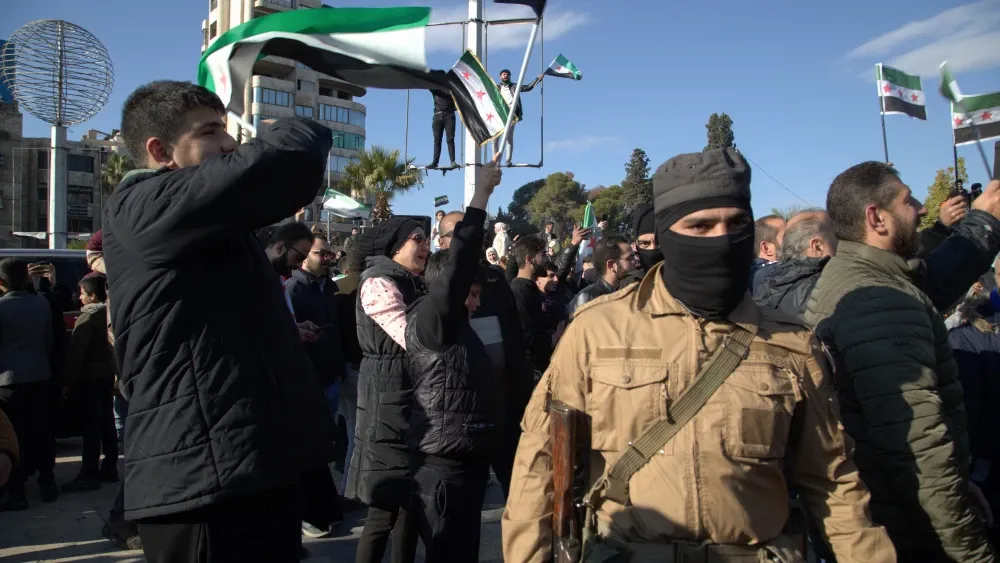
| ||
| From Washington, D.C., to Damascus, Tehran, and beyond, MEF’s ongoing assessments seek to keep you abreast not just of changes felt from the Middle East to Foggy Bottom, but to suggest how best take advantage of opportunities while avoiding the inevitable pitfalls. Our next Dispatch will remain true to this tradition. Sincerely, | ||
| Was this edition useful? Your responses are anonymous | ||
| Powered by | ||
| ||

